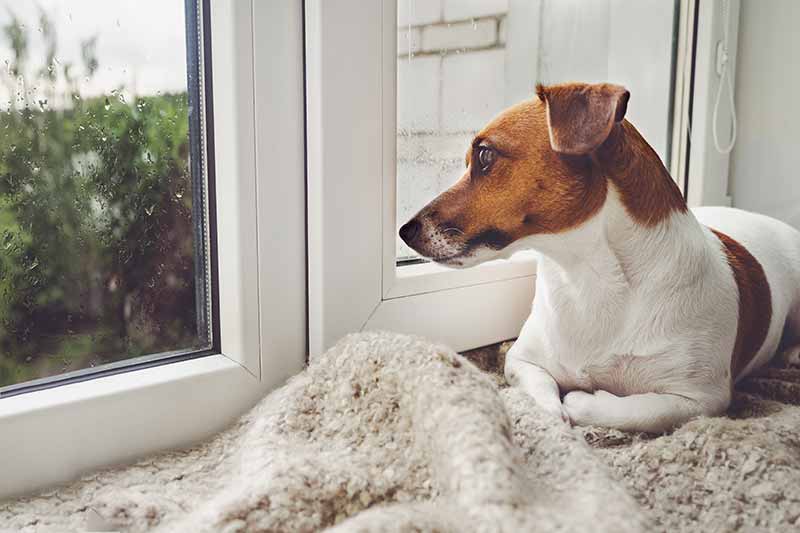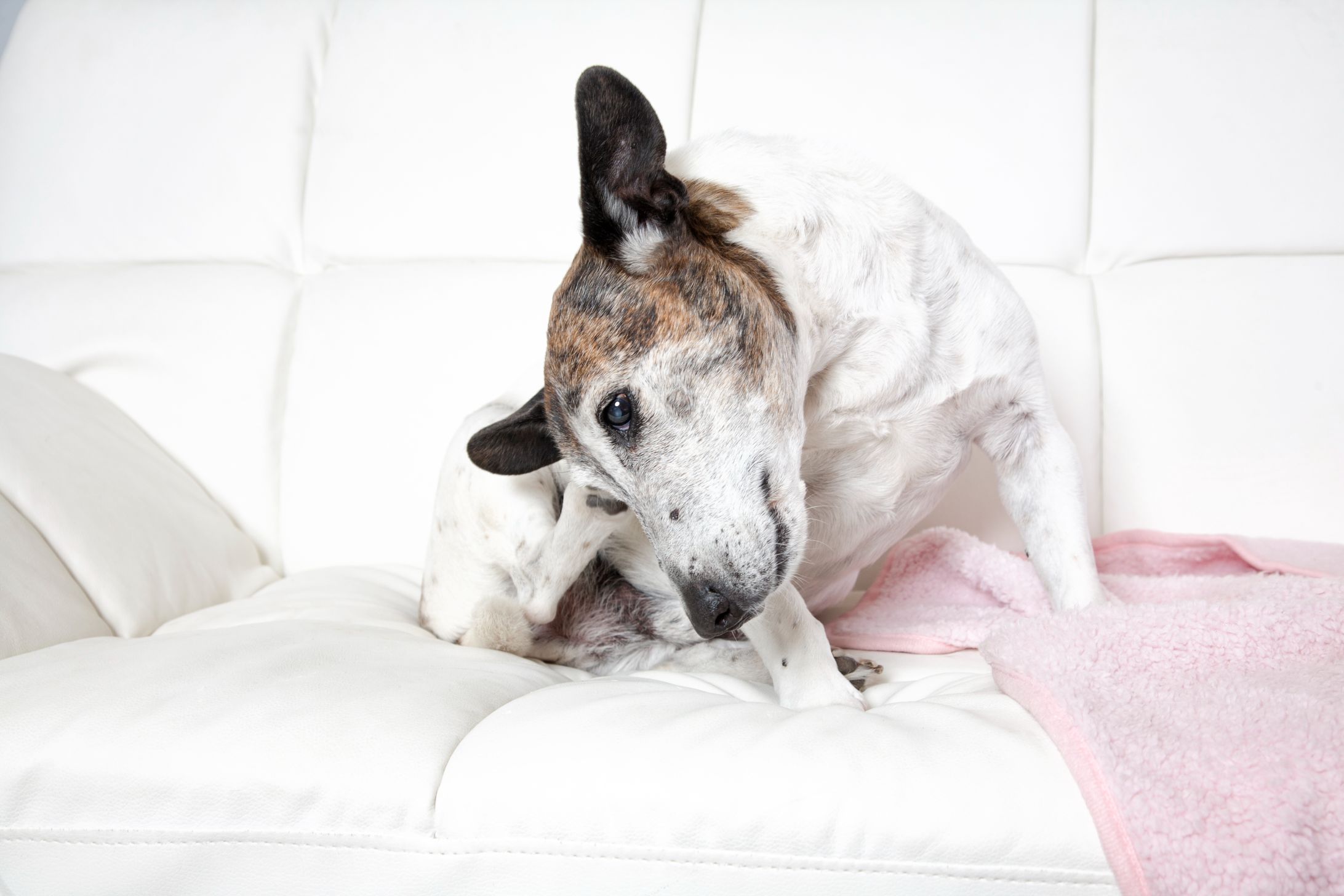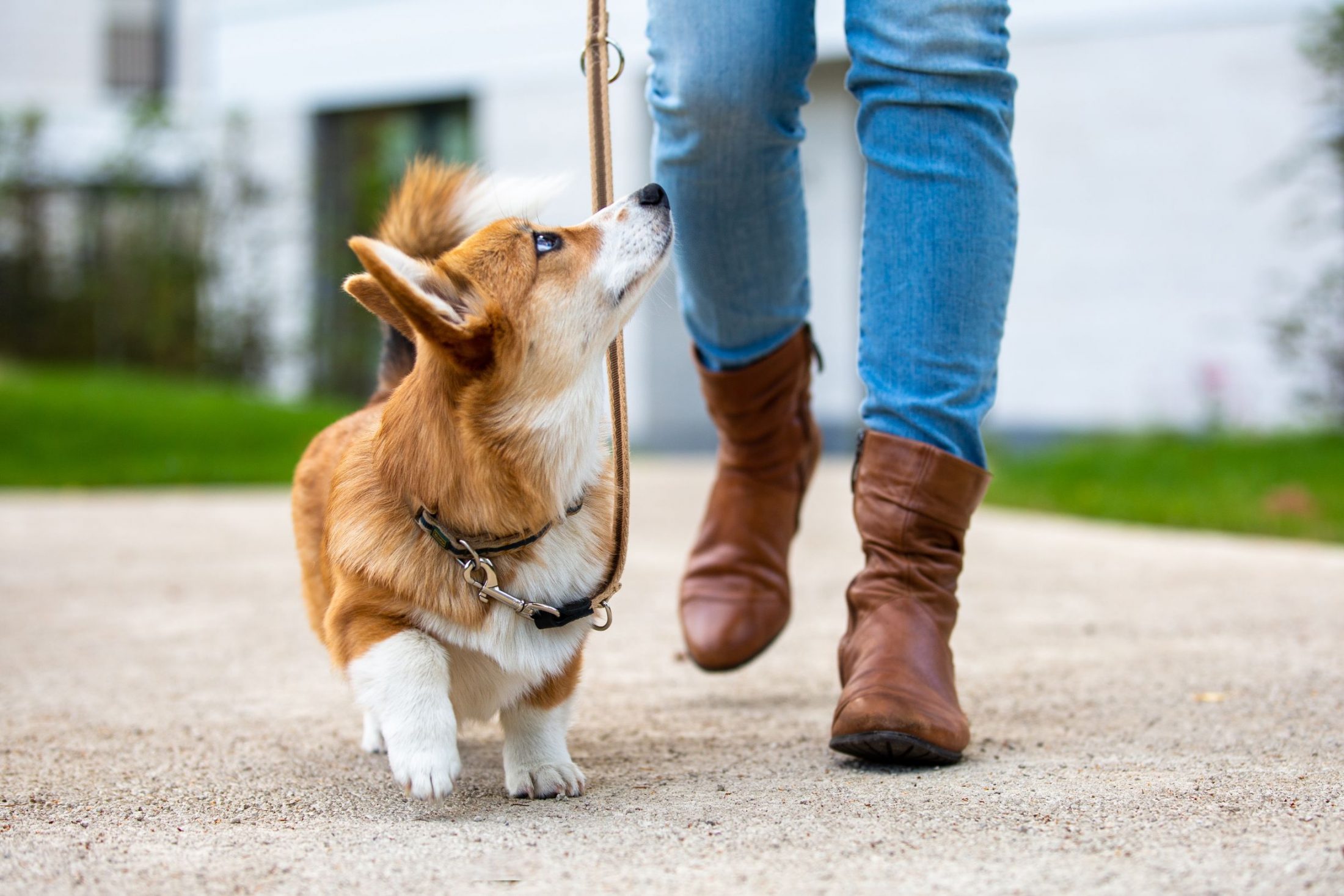 With the start of a new school year less than a month away, kids and parents are already beginning back-to-school preparations. Shopping for clothes, gathering supplies, and arranging schedules and carpools are all a part of life in late August/early September. However, all this running around may leave Fido or Fluffy feeling a bit confused.
With the start of a new school year less than a month away, kids and parents are already beginning back-to-school preparations. Shopping for clothes, gathering supplies, and arranging schedules and carpools are all a part of life in late August/early September. However, all this running around may leave Fido or Fluffy feeling a bit confused.
Separation anxiety in pets is common once the kids go back to school. Fortunately, there are plenty of ways you can help ease the transition for your furry family member.
Spotting Separation Anxiety in Pets
Dogs are pack animals by nature, and whether they live with humans or other dogs, the sudden absence of a familiar face can lead to fear, worry, and stress. The following symptoms can be a clue that separation anxiety is rearing its ugly head:
- Loss of energy
- Decreased appetite
- Sleeping more than usual
- Excessive barking/whining/yowling
- Destructive chewing or scratching
- Repetitive sniffing, scratching at doors, or looking out of windows
- House soiling
- Spending time in the absent person’s room
Supporting Your Pet
With patience and persistence, you can help your pet overcome separation anxiety. Consider the following tips:
- Stick to a schedule. Pets thrive on routine, and schedule changes should be made gradually whenever possible. Help your pet acclimate to a new routine by slowly introducing changes. Have them spend more time apart from the kids or implement beforehand the new exercise and play times they can expect to have during the school year.
- Ensure daily exercise. Making sure your pet gets plenty of exercise each day (walking, hiking, or playing a game of fetch/feather chase should do the trick!) will help burn off excess energy and keep your pet relaxed.
- Keep them busy. Provide your pet with plenty of physical and mental enrichment throughout the day. Offer chew toys, food puzzles, and interactive games. Brush up on obedience training or teach them new tricks.
- Get the kids involved. One of the best parts of having kids and owning a pet is giving your children the opportunity to develop empathy and compassion for animals. Enlist the help of the youngest family members when it comes to playing, walking, and feeding your pet. Encourage extra snuggles and one-on-one time.
When to Seek Help
In some cases, separation anxiety in pets can lead to dangerous or destructive behavior. It can also develop into full blown depression. If you’re concerned about your pet, please don’t hesitate to contact the staff at Summeridge Animal Clinic.



